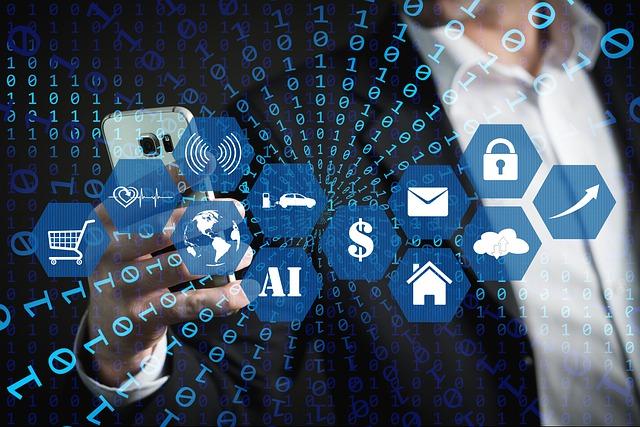The AI revolution is upon us, and it is changing the way we live, work, and interact with each other. It is also having a profound effect on the human cost of this revolution, as AI technology is rapidly replacing human labor in many areas. This article will explore the human cost of the AI revolution, including how it is impacting employment, wages, and the future of work.
Impact on Employment
One of the most obvious impacts of the AI revolution is on employment. As AI technology becomes more advanced and capable, it is increasingly replacing human labor in a wide range of industries, from manufacturing to customer service. This means that fewer people are needed to do the same job, resulting in job losses and unemployment.
In addition, the jobs that are created by AI technology are often highly-specialized and require specific skills and knowledge that many people do not possess. This means that there is a widening skills gap between those who have the necessary skills to work in the AI-driven economy and those who do not.
Impact on Wages
The AI revolution has also had a significant impact on wages. As AI technology takes over more and more jobs, the demand for human labor decreases, resulting in lower wages for those who are still employed. This is especially true in industries where AI technology is replacing human labor, such as manufacturing and customer service.
In addition, AI technology is often used to automate processes that were previously done by humans, resulting in fewer people needed to complete the same task. This leads to fewer jobs and lower wages for those who are still employed.
Impact on the Future of Work
The AI revolution is also having a major impact on the future of work. As AI technology continues to progress and become more capable, it is becoming increasingly difficult for humans to compete with AI in terms of speed and accuracy. This means that many traditional jobs are becoming obsolete, and new jobs are being created in the AI-driven economy.
These new jobs often require specialized skills and knowledge that many people do not possess. This means that there is a widening skills gap between those who have the necessary skills to work in the AI-driven economy and those who do not.
Conclusion
The AI revolution is having a profound effect on the human cost of this revolution, with employment, wages, and the future of work all being affected. AI technology is increasingly replacing human labor in many areas, resulting in job losses and lower wages for those who are still employed. In addition, the jobs that are created by AI technology are often highly-specialized and require specific skills and knowledge that many people do not possess, resulting in a widening skills gap. As AI technology continues to progress and become more capable, it is becoming increasingly difficult for humans to compete with AI in terms of speed and accuracy. As such, the human cost of the AI revolution is an important issue that needs to be addressed.

